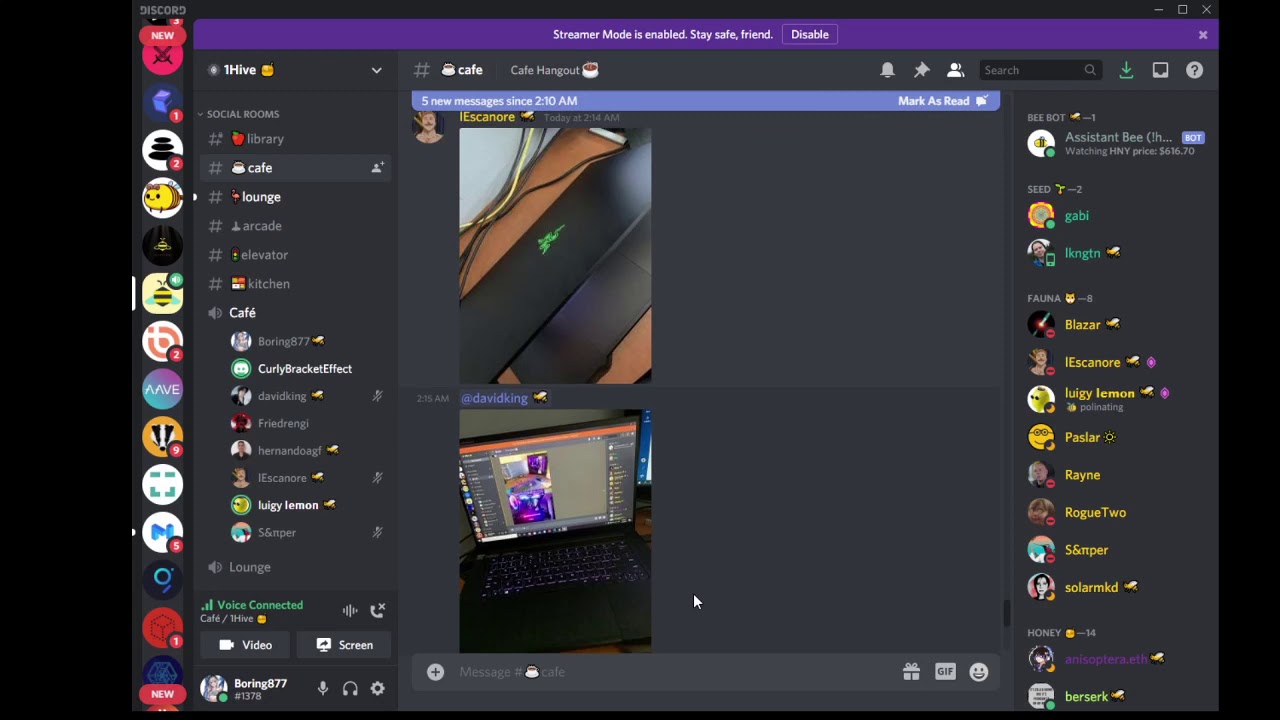What is the Dev Swarm?
Group of developers that are an active part of 1hive, want to be identified as developers and apply to bounties. An army of builders.
What does the Dev Swarm do?
- Curate qualified developers in 1hive to perform development work for the multiple Swarms in the ecosystem. Identify their Skills!
- Facilitate and work as a mediator between 1hive and developers looking for work.
- Organize Events and Participate in the onboarding of new developers.
- Provide a technical consulting into the resources and effort needed to put some proposals into motion.
Who can join the Dev Swarm?
Anyone can join the swarm as long as they have one of the skills that we recognize as useful in the swarm. These skills can range from highly technical, such as Solidity Programming, to less technical roles like App Testing. It is expected that Bounties will be more frequent on highly sought after skills such as web app development, javascript, solidity, web3 implementation, and web design.
How to join the Dev Swarm?
To join a Dev swarm, you need to be vouched by members for your skills, there will be an informal meeting to learn your skills and overall level of experience on them. This will allow other swarms to hit you up for the tasks that best suit your skills. That also means we can help you filter the open bounties that are for you.
How to connect 1hive swarms with developers?
Have a bounty webpage that allows ordinary bounties to be placed and filter jobs and users by skills. Also allowing proposals by people without the time or commitment to participate in its execution to delegate to the dev-swarm to find a team to build the project for 1hive.
Teams, Swarm, Individuals that come to the bounty board and post a new bounty can ask for help on discord if they are not sure what they need to get the best team for their project. The bounty can be negotiated with the poster, since it’s up to the dev and poster to define milestones and conditions.
How much will this cost?
On a normal basis the swarm should hold no funds.
However, it may hold funds temporarily for the sake of investing in Swarm related Projects and Events. But it’s recommended to create subgroups or teams to handle those funds and manage those initiatives. For each of these initiatives we will seek independent funding via conviction voting.
What do we need to get Started?
We need first and foremost to establish a group of developers that is willing to be a co-founder of this collective. Once, we create the organization and create a spreadsheet with our skills and preferences, we will have a meeting/chat about this Bounty Board and for an event.
Different teams should be created for each of these proposals. These teams will be responsible for the proposals and shall receive and allocate the funding as they describe in the proposal. This is not a good solution long-term due to paying before delivery. That’s something that should be improved in the future with a more rich organization using something like Colony.
- Incubator
- Code Gardening
- Code Hive
- WorkerBees
- BountyBees
- HoneyBuilders
0 voters
THANK YOU 
Signaling Proposal: https://1hive.org/#/proposal/124
If you like this idea place some honey behind it 

